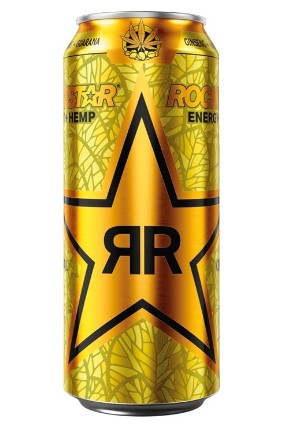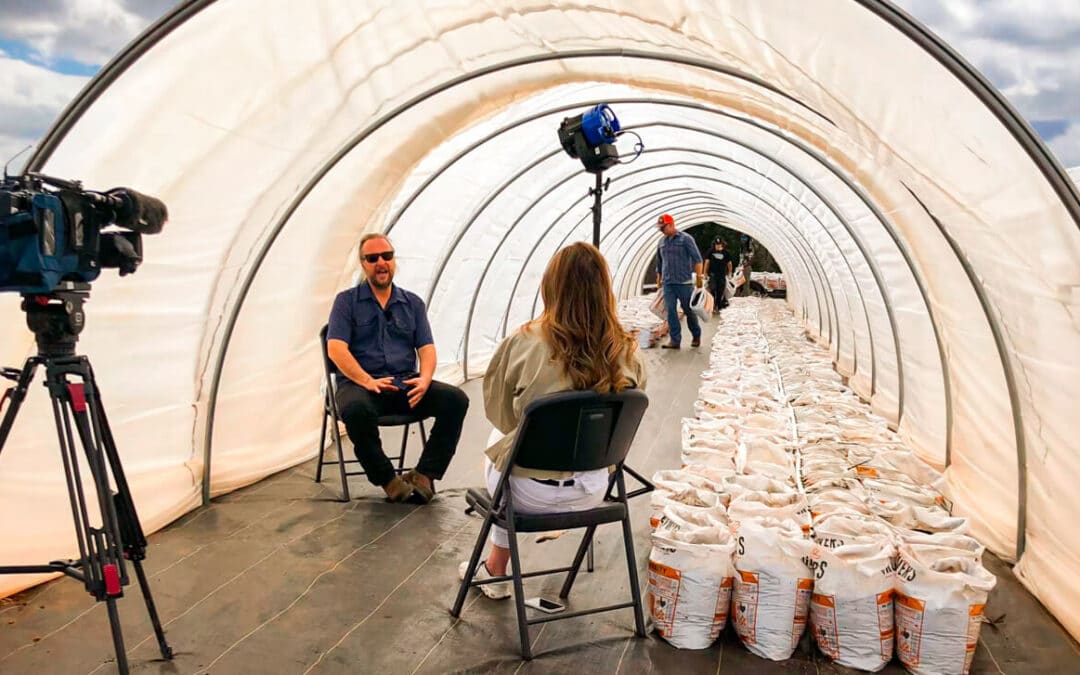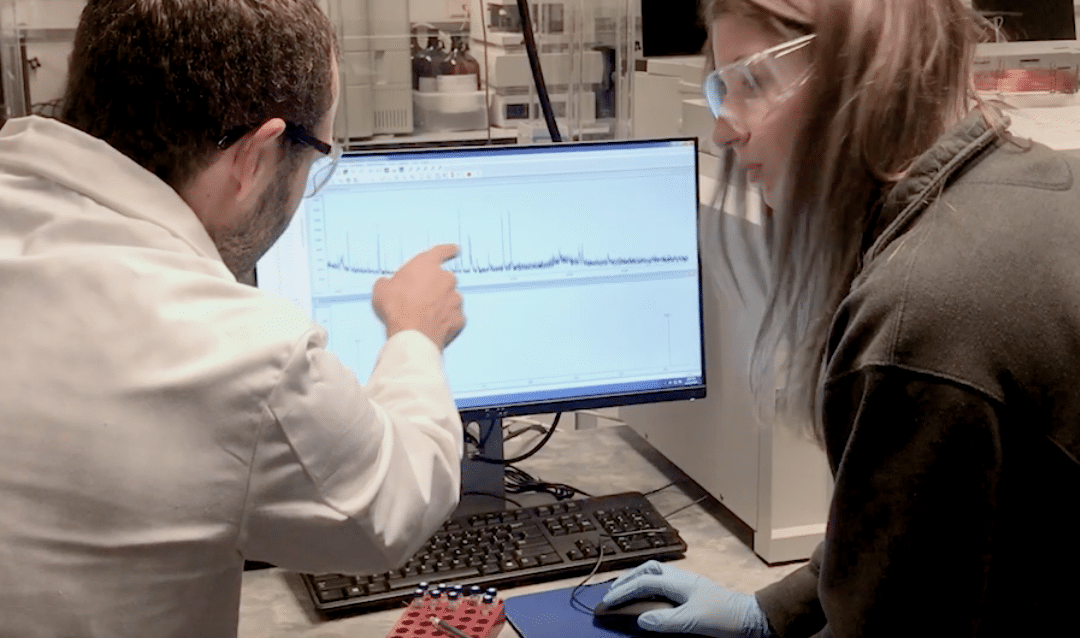
Jaleel White (AKA Urkel) Launches Purple Urkle Cannabis Brand

Actor Jaleel White, famous for his role as Steve Urkel in Family Matters, is entering the cannabis industry just in time for 4/20, with his own cannabis line called ItsPurpl.
Through a partnership with 710 Labs, White’s brand features variants of the popular cannabis strain Purple Urkle, Forbes reports. It is set to launch on April 20, and will be available on dispensary shelves in California to start, potentially growing to more marketplaces in the future.
White said, “The thing that always stood out to me was there no clear brand leader for fire purple weed. It made no sense to me, that no company of significance had claimed this lane, so why not me?”
710 Labs founder Brad Melshenker met White on a flight, and they connected over their passion for cannabis. “710 has never been a brand that pursued celebrity deals or endorsements as our agenda has always been quality above all else,” Melshenker said. “We tend to let the product speak for itself. But over the years Jaleel and I became friends and organically our conversations developed into a project. He was on a journey to find the real Purple Urkel from back in the early 2000’s. Not only that, he wanted to find the most flavorful purple cultivars and had been collecting seeds with his friend Sean over the years just for this purpose.”
The series of Purple Urkle strains will be sold as eighths, vape pens with 710 Labs’ proprietary live rosin pods, as well as Noodle Doinks (a fat, hand rolled joint that uses a fusilli noodle as the crutch.)
44-year-old White said, “To smoke the end result from such a quality pod has been surreal. I feel a little bit like Willy Wonka, the flavor came out so similar to grape candy.”
Melshenker said of the collaboration that comes “from the heart,” was determined to help Jaleel make it happen. He added, “Hunting for certain traits and genetics is time-consuming and challenging but it was worth it when it all came together in the end and the vision was realized.”
When it comes to smoking, White prefers not to partake when he’s acting. He said, “A lot of acting is about timing and you don’t want anything disrupting that. But when it comes to writing, that’s a whole different story. A good smoke sesh with some naturally funny cats can be just the creative spark you didn’t know you all needed. Beyond that, a good noodledoink before an amazing meal just makes everything taste that much better. Music for me is also greatly enhanced by cannabis consumption. Songs just slow all the way down and you hear every nuance.”











